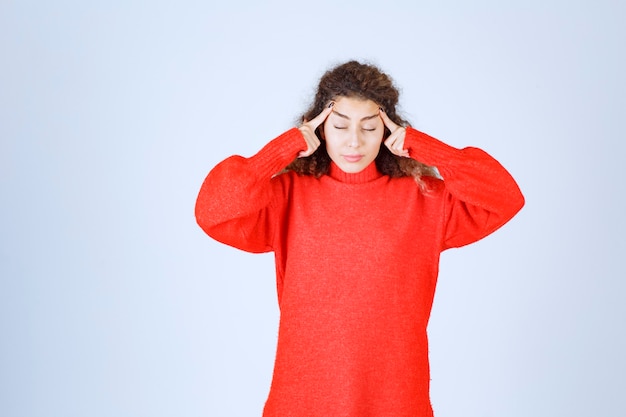
Feeling anxious can come from various sources like work, money problems, or kids. But here’s the good news: reducing your anxiety might be as simple as boosting your magnesium intake. Olivia Hartland-Robbins digs deeper into this.
Anxiety ranges from mild nervousness to full-on panic attacks, and it’s an unpleasant experience. If you’re facing it, you’re definitely not alone. Anxiety is one of the most common mental health issues in the UK, with over 10% of people experiencing severe anxiety at some point, as stated by Anxiety UK.
Common triggers for anxiety include stress, certain medications, and illnesses. While many are aware of treatments like anti-anxiety meds and Cognitive Behavioural Therapy (CBT), there’s less known about the link between anxiety and magnesium deficiency.
Recent research shows a potential connection between low magnesium levels and increased anxiety. A study found that taking magnesium daily can significantly reduce anxiety symptoms. This trial involved adults with mild to moderate depression, and after six weeks of magnesium supplementation, many showed improvements regardless of their age or the use of antidepressants. Most saw positive changes within just two weeks.
In 2017, another study revealed that adults taking 248 mg of magnesium daily for six weeks experienced notable reductions in anxiety and depression. Despite magnesium being present in foods like brown rice, leafy greens, beans, avocados, almonds, and dark chocolate, about 70% of people have low levels, according to a study by Mineral Check.
Magnesium plays a crucial role in over 300 bodily functions, including muscle relaxation, sleep regulation, nervous system management, and mood stabilization. It’s one of the best minerals for detoxifying the body. However, the British Nutrition Foundation says one in five women aged 19-34 have intakes below the recommended levels, which is 375 mg per day for adults.
Nutrition expert Keeley Berry from BetterYou explains that our Western diet high in processed foods might contribute to magnesium deficiency. Over-farming and increased pollution have reduced magnesium content in food by 20% since the 1950s. Symptoms of deficiency include poor sleep, exhaustion, low mood, and a weak immune system, which are often attributed to stressful lifestyles instead.
Poor sleep is a major contributor to anxiety. Magnesium aids sleep by activating GABA receptors in the brain, which help reduce anxiety and prepare the body for sleep. It also helps quiet those late-night thoughts that keep you awake. Research indicates that proper magnesium levels can enhance sleep quality and duration.
A study commissioned by health pioneers BetterYou showed that using their Magnesium Sleep Lotion improved sleep for 92% of participants. Another trial found that elderly people taking 500 mg of magnesium before bed had significant improvements in insomnia.
Exhaustion, both physical and mental, is another sign of magnesium deficiency. Anxiety can overwork the sympathetic nervous system, causing cardiovascular strain and inflammation, resulting in feeling drained. Magnesium calms this system and helps muscles relax post-stress or exercise.
Low energy and mood changes are linked to insufficient magnesium, which is essential for producing ATP, the main energy source for cells. If you’re experiencing poor sleep and low energy, your mood is likely taking a hit too. Anxiety and low mood often occur together, influenced by neurotransmitter changes.
Positive brain chemicals like serotonin are regulated by magnesium. Low levels of magnesium can lead to low serotonin, contributing to depression and anxiety. Magnesium also helps the immune system, with depletion weakening our defenses.
Supplementing magnesium is straightforward. Although the daily intake is 375 mg, higher amounts are safe. However, oral supplements can cause stomach issues for some, especially those with IBS. Transdermal methods, like lotions or sprays, offer an effective alternative without digestive side effects.
BetterYou offers a range of magnesium products like lotions, gels, and sprays. These products allow magnesium to be absorbed through the skin, directly entering cells and addressing deficiencies quickly—perfect for reducing anxiety and improving sleep. Applying 10 sprays of their Magnesium Oil Spray daily can instantly calm and replenish magnesium levels.
Feeling anxious might stem from a lack of magnesium, so consider boosting your intake. It could be the simple solution you need.




